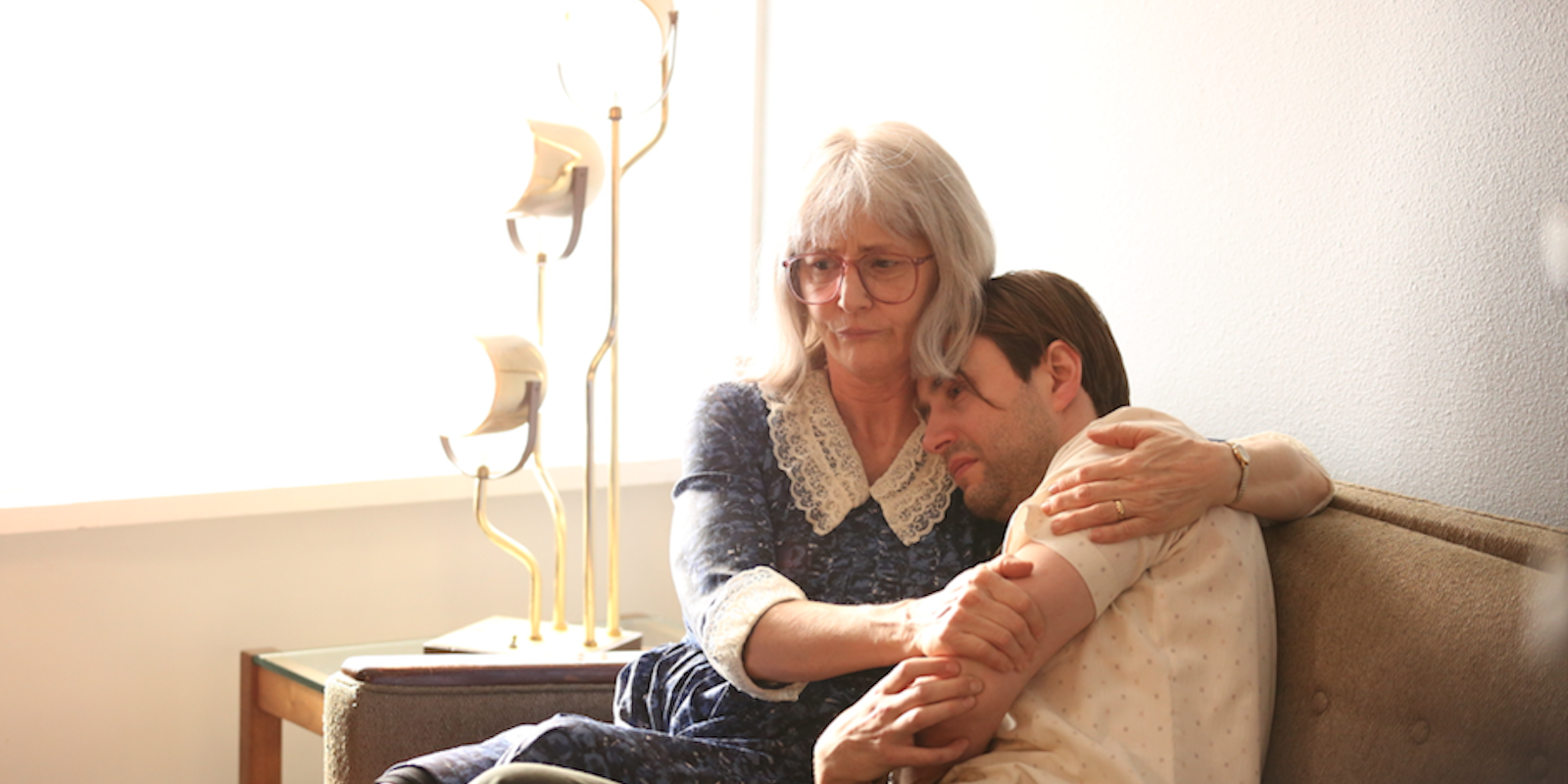When Madalyn Murray O’Hair went missing in Texas in 1995, it wasn’t breaking news. In fact, few people seemed concerned. O’Hair—a divisive, radical figure and founder of American Atheists—had vanished, belief had faltered. But one term used to describe her apparently stuck.
The Most Hated Woman in America tells the story of O’Hair’s surreal life and even stranger death. It was directed by Tommy O’Haver and written by O’Haver and Irene Turner, who also co-wrote 2007’s An American Crime—a story about another hated woman. Producers Elizabeth Banks and Max Handelman actually brought the idea to Turner and O’Haver, and after diving into O’Hair’s story they knew they had something unique.
Melissa Leo (The Fighter, Snowden) doesn’t shy away from embracing O’Hair’s more unpleasant personality quirks, and plays her as a unstoppable force. We see bits of her life in flashback: In the ’50s as an unwed mother with another child on the way, clashing with her devoutly Christian father. She finds focus when she sees students in her son William’s class praying one day. At the teacher’s suggestion, she sues to get daily prayer out of public schools, and in 1963, after being consolidated with a similar case, the Supreme Court ruled in her favor. She starts on her path to becoming the most hated woman in America, a descriptor she apparently relished.
“It’s not a documentary,” O’Haver says. “So we’re creating a character called Madalyn Murray O’Hair.”
However, many of the lines in the film were direct quotes from O’Hair, who Turner says was not shy about self-promotion. YouTube is filled with clips of O’Hair on talk and radio shows, and she was even apparently the victim of fake news.
The film starts in San Antonio, as we’re introduced to O’Hair, her son Jon, and granddaughter Robin with black bags over their heads, kidnapped and imprisoned by O’Hair’s former employee David Roland Waters (played by Josh Lucas). “Did Jerry Falwell put you up to this?” she barks at one of her captors.
“This crime was stranger than fiction,” O’Haver says. “So of course that immediately attracted us, but then it’s just the woman herself. You very rarely get to write or create characters that are so complicated and rich.”
“And contradictory,” Turner adds. “And who just didn’t have a filter. And so you get to play with that.”
Indeed, O’Hair was complex. Her relationship with son William (played by Vincent Kartheiser) is magnified, her toxic hold on his life and beliefs driving him to drink and later find God—a middle finger to mom. Then there’s her co-dependent relationship with Jon (Michael Chernus) and William’s daughter Robin (Juno Temple). Adam Scott plays John MacCormack, the San Antonio Express journalist who followed a lead and opened up a life-changing story. Peter Fonda plays Reverend Harrington, a huckster who sees a kindred spirit in O’Hair; together they embark on a fluffed-up debate tour that makes them celebrities—and money.
Her relationships with men are only touched on. In a 1965 interview with Playboy, O’Hair calls herself a “militant feminist” and remarks that “The modern American woman may be more liberated sexually than her mother was, but I don’t think she enjoys a bit more sexual equality.” It would have been interesting to see that sketched out in the film, which feels a bit truncated. But Turner and O’Haver admit they had seven decades to cover; O’Haver wanted to focus on O’Hair facing down death as someone who doesn’t believe in a hereafter.
“Narratively, we’re extrapolating a crisis of conscience.”
The film is debuting at a politically and socially fractured time, when religious freedom is a trending topic. As a new atheist community has grown online, it’s faced charges of racism, Islamophobia, and misogyny. The comment section of the film’s YouTube trailer is predictably fraught with clashing opinions about religion, and O’Haver says he kind of forgot he was making a film about an atheist until he started seeing comments. But they both say the film is especially resonant right now.
“It was a seven-year process to get this made and in some ways we’re lucky that it took so long,” says Turner. “This is always going on, these religious differences. We would love to stop fighting these battles, but it’s not gonna happen. We have to keep it going.”
“Maybe now more than ever with Betsy DeVos,” says O’Haver.
The Most Hated Woman in America screens at SXSW March 14 at the Paramount Theatre and March 18 at the Zach Theatre. It debuts on Netflix on March 24.


